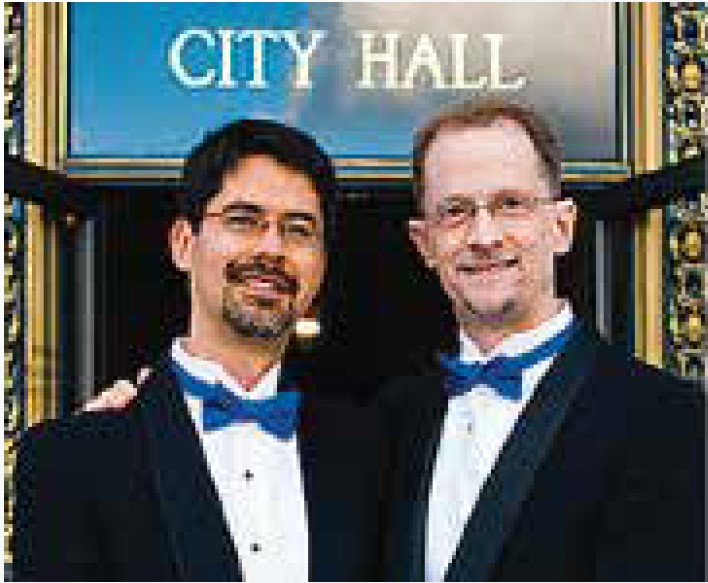
By Stuart Gaffney and John Lewis–
We decided to tune in a few minutes early last Tuesday to watch the presidential debate between Vice President Kamala Harris and Donald Trump and by so doing happened to catch the tail end of ABC News’ pre-debate coverage. We came in as ABC co-anchor Jonathon Karl was noting that the debate could be “perhaps the most consequential general election debate we have ever seen.”
He then hyped the drama that lay ahead:
“With the stakes so high, the presidential debate just moments away, we have the entire news division keeping an eye on everything … . It’s all going to be happening right here. The debate now just 10 seconds away.” Finally, trying to entice viewers to stay tuned after the actual debate ended, Karl reminded everyone that “we will be back with our post-game show as soon as it’s over.”
Post-game show?
We were taken aback. Did we hear it right? Had Karl just signaled to millions of viewers the national presidential debate was just a “game”?
This year’s presidential election, like every presidential election, has enormous real-world consequences for all Americans, especially those most in need, and for billions of people around the world. To quote some earlier “Talking Heads” before Karl’s time: “This ain’t no party. This ain’t no disco. This ain’t no fooling around.” It’s certainly not a game.
We first assumed that Karl had made an embarrassingly revealing slip of the tongue, but in reading post-debate online coverage, we were disturbed to see such reputable news sources as NPR and The Guardian employing the same “pre-game” and “post-game” vocabulary. Had equating the presidential debate to a football game become normalized in mainstream news outlets? Was it simply the latest example of mainstream media’s decades-long elevation of coverage of the election “horse race” over reporting the candidates’ actual positions on substantive issues?
The use of football in presidential politics is nothing new. For example, Republican Presidents Nixon and Reagan strategically exploited their very different connections to the game. This year’s Democratic ticket has taken every opportunity possible to highlight Vice Presidential nominee Tim Walz’s tenure and persona as an assistant high school football coach, with Harris proclaiming him “Coach Walz” at their first joint campaign appearance. Walz himself has said that football “isn’t that much different” from politics.
And in Walz’s first national address, which took place at last month’s Democratic National Convention, he doubled down on the metaphor, boasting, “I haven’t given a lot of big speeches like this, but I have given a lot of pep talks.” He concluded: “Let me finish with this, team. It’s the fourth quarter. We’re down a field goal, but we’re on offense and we got the ball,” urging supporters “to get in the trenches and do the blocking and tackling.”
For Trump, the apt sports metaphor would not be football, but the fictional gladiator universe of World Wrestling Entertainment’s SmackDown television show. We had generally been aware of the brutality of staged “professional wrestling,” but several weeks ago at the gym we were on the elliptical machines when we looked up and saw the spectacle of SmackDown for the first time on the large TV screen in front of us. Elaborately costumed heroes and villains beat their chests and exchanged touts and taunts before they sadistically attacked each other. Bodies flew through the air as the crowd cheered and jeered wildly.
It suddenly dawned on us. Donald Trump—with all his shouting, taunting, name-calling, outlandish claims, baseless attacks, and bravado—thinks of himself as the political version of a SmackDown character. He even invokes the fictional villain Hannibal Lecter as if he were real.
And sometimes his followers engage in actual violence strikingly similar to the staged SmackDown combat, such as when thousands of Trump adherents felt free to kill Capitol police officers and engage in other acts of terror as they stormed the U.S. Capitol on January 6, 2021. One of the most visible leaders was a bare-chested painted and tattooed man, known as “Yellowstone Wolf” and “QAnon Shaman” (among other names), who sported a racoon headdress with large horns coming out from his head. He could have come right out of SmackDown central casting. And his fellow rioters chanted “Hang Mike Pence” and erected a scaffold as if it were all a game.
Except it’s not—and ABC anchor Karl and other news outlets reinforce this dangerous misconception that it is when they characterize the presidential debate as such.
We understand the temptation for the media to follow the presidential election this way. Many people root for their candidates like sports teams, feed off the suspense, and on election night experience “the thrill of victory and the agony of defeat.” But unlike a football game or the SmackDown show in which fans go on with their lives after the game ends, unaffected in any tangible way by who won or lost, the outcome of a presidential election has serious real-world consequences for us all.
For those who treat the presidential election as a game, we’re confident they have fun following it all, especially when their candidate wins. But there’s a deeper joy that can be experienced when we actually engage together in social and political movements to make the world a better place and celebrate the real impact that doing so has on real people’s lives. In fact, this could be what Harris means when she invites us all to be “joyful warriors.”
John Lewis and Stuart Gaffney, together for over three decades, were plaintiffs in the California case for equal marriage rights decided by the California Supreme Court in 2008. Their leadership in the grassroots organization Marriage Equality USA contributed in 2015 to making same-sex marriage legal nationwide.
626 and Beyond
Published on September 19, 2024
Recent Comments